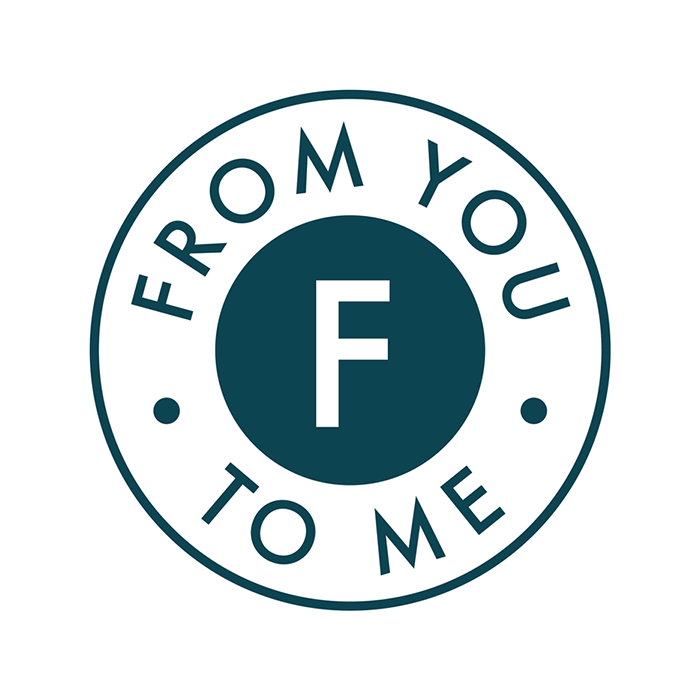How to build your own storytelling empire
How to build your own storytelling empire
Except for a fortuitous few, writers used to tell tales of desperation and poverty as they clawed their way up the greasy ladder to become a published author. Kerri Littlefield considers how things have changed. Enter ‘The Storyteller’…
With the London Book Fair celebrating it’s 45 year anniversary this week, it’s astonishing to reflect on how the book industry has changed over the years. In the olden days of publishing becoming a successful author was down to two things – talent and luck.

- Timing – books, like shoes, have trends. This year it’s adult colouring books. Next year it will be something else.
- Name – celebrity authors will sell many more books than anyone else. Think David Walliams.
- Genres – if your book clearly fits into a popular genre, like teen fiction, it’s easier for the publisher to see where the book fits best and where it has a good chance of selling.
- Gap – publishers are looking for books that fill a gap in the market, so is there a ‘need’ for what you want to write about?
Now, thanks to self-publishing and ebooks, the writer can control their own destiny. With a relatively small investment anyone can call themselves an author. Throw in lots of time and determination and you may even make a profit out of it. A good thing, surely? Disappointingly, there’s still a lot of snobbery attached to self-publishing, with many authors like Ros Barber refusing to “resort to it”. While some who still believe strongly in the value of their story will give self-publishing a try.
Rachel Abbott is a great success story. She decided to self-publish her book when she was continually told her manuscript “wasn’t the type of story publishers were looking for”. Now her novel, Kill Me Again has sold 2 million copies of the ebook and paperback original and made it into the top 20 best sellers list. “Nothing thrills me as much as hearing from people who have read and enjoyed my novels – readers who probably don’t know, and couldn’t care less how I am published.”
This is what Journals of a Lifetime are all about. The belief that everyone has a story to tell. Some will get a great book deal. Others will be brave enough to self-publish their book and create their own little bit – or lot – of success. Some will use Journals of a Lifetime to chronicle their child’s early years to treasure as a childhood keepsake. Others will yearn to share their own life story with present and future generations. And many use the journals as a tool to help them get closer to a child or grandchild and share the pleasurable experience of writing in tandem. The opportunities for writing and sharing are endless. Anyone can become a Storyteller. Go on, write your story today!
Do you have a story to tell? Check out the range of award-winning journals created by Journals of a Lifetime to inspire you. Or do you have experience of publishing your story? We’d love to hear about it.
REFERENCES
http://www.theguardian.com/books/booksblog/2016/mar/21/for-me-traditional-publishing-means-poverty-but-self-publish-no-way
http://www.theguardian.com/books/2016/mar/30/self-publish-and-be-damned-rachel-abbott-kindle
 Australia
Australia  Canada
Canada  Ireland
Ireland  Spain
Spain  USA
USA  France
France 
